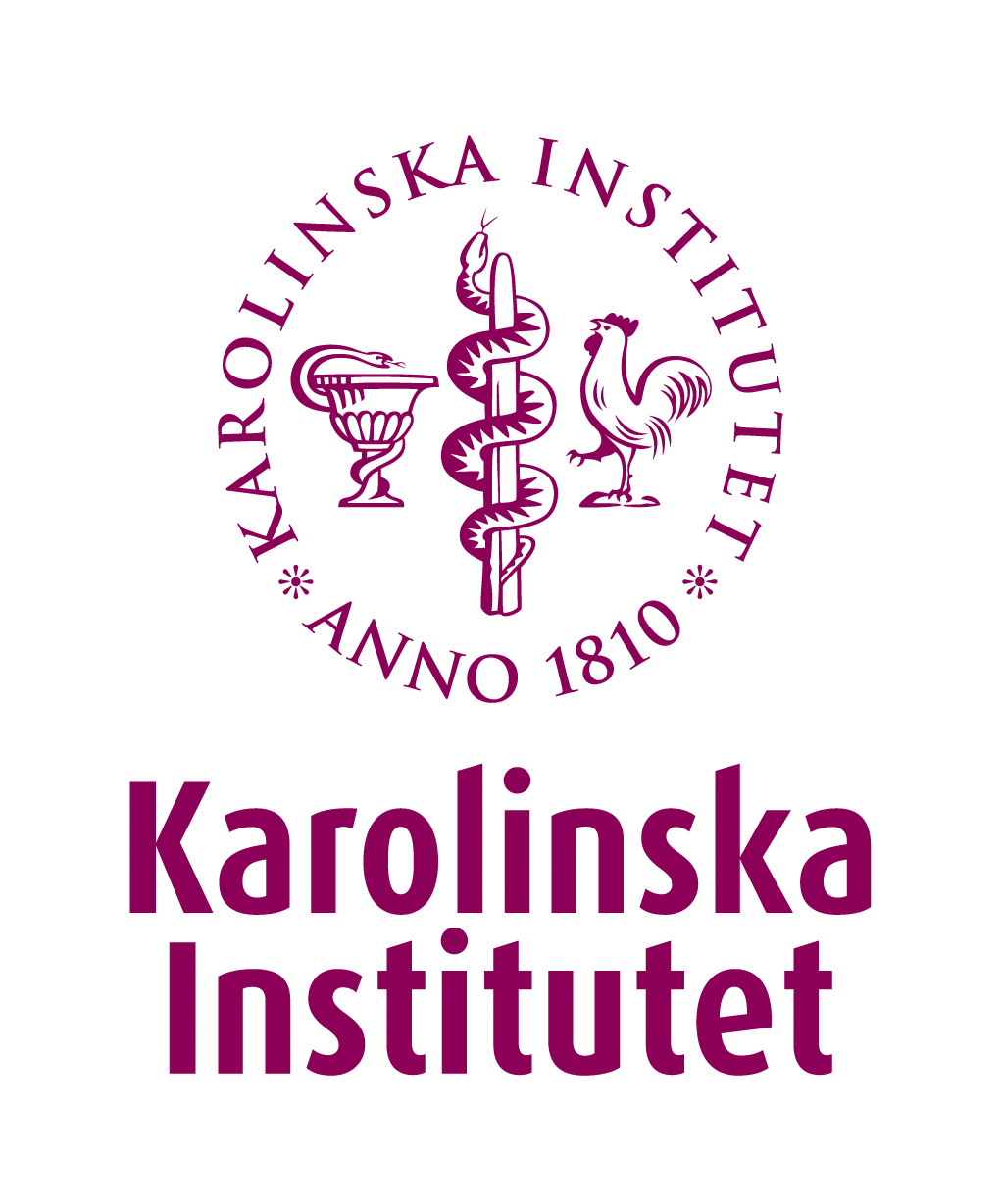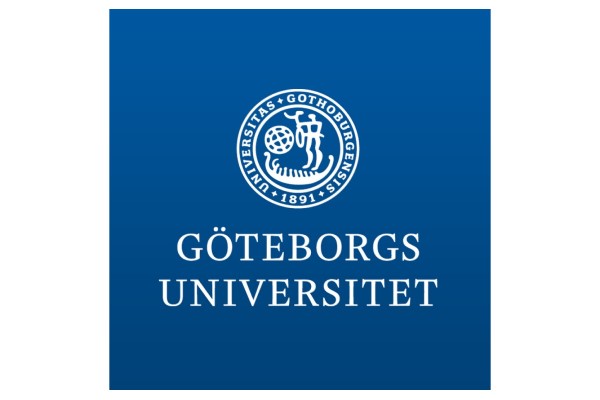Snabbfakta
-
- Norwich
Kategorier:
- Biologi
Titlar:
- Postdoktor
- Forskare
Ansök senast: 2024-06-25
Postdoctoral Researcher
Job Description
Main Purpose of the Job
Key Relationships
The appointee will work closely with the Group Leader, Research Assistant and other lab members of the Hogenhout group. They will also interact with other research groups and staff of the technical platforms of the Norwich Research Park and (inter)nationally. The successful candidate will assist in the training of others, including (under)graduate students, in a collaborative environment. contact will include Research Support staff, Postdocs, student communities and external collaborators.
Main Activities & Responsibilities
Percentage Identify, plan, carry out and modify experiments to meet the objectives of the project65Prepare results, reports and manuscripts for publication in leading scientific journals and other relevant media5Disseminate research findings through presentations to various audiences at internal, national and international meetings5Collaborate with colleagues within the Institute in the development of original and world-class research, including contributing to research proposals and grant applications5Liaise with industry and other external stakeholders5Ensure research and record keeping is carried out in accordance with good practice, Scientific Integrity and in compliance with local policies and any legal requirements5Contribute to the smooth running of the group, including the effective use of resources, supervision of visitors to the laboratory and assisting with training others, encouraging scientific excellence5As agreed with the line manager, any other duties commensurate with the nature of the post, for example, contributing to the work of Institute committees5
Person Profile
Education & Qualifications
RequirementImportanceBSc or equivalent in Molecular BiologyEssentialPhD (full award or expected within 6 months) or equivalent in Molecular Biology or a related disciplineEssential
Specialist Knowledge & Skills
RequirementImportanceKnowledge of cellular biologyEssentialIn depth knowledge of plant geneticsEssentialKnowledge of microbiologyEssentialIn depth knowledge of molecular host-microbe interaction processes, including examining effector-target interactions and host defence responsesEssentialKnowledge in bioinformaticsEssentialIn depth knowledge of recombinant DNA technologyEssentialKnowledge of protein structure and biophysicsEssential
Relevant Experience
RequirementImportanceDemonstrated ability to interpret new scientific information and develop novel ideasEssentialExperience in using protein structure prediction softwareEssentialPractical experience in generating transient and stable transgenic plant linesEssentialPractical experience in biochemistry, including assays to study protein integrity such as western blottingEssentialProficient in molecular cloning techniquesEssentialPractical experience in studying microbial effectors/virulence proteinsEssentialPractical experience in techniques to study protein-protein interactionsEssentialProven record in scientific writingEssentialExperience of supervising, training and mentoring visitors and studentsDesirableExperience in protein engineering techniquesDesirable
Interpersonal & Communication Skills
RequirementImportanceAbility to collaborate with internal and external stakeholdersEssentialAbility to follow instructions/Standard Operating ProceduresEssentialDemonstrated ability to work independently, using initiative and applying problem solving skillsEssentialExcellent time management and organisational skillsEssentialExcellent communication skills, both written and oral, including the ability to present complex information with clarity EssentialPromotes and strives for continuous improvementEssentialGood interpersonal skills, with the ability to work as part of a teamEssential
Additional Requirements
RequirementImportanceAttention to detailEssentialWillingness to embrace the expected values and behaviours of all staff at the Institute, ensuring it is a great place to workEssentialAbility to maintain confidentiality and security of information where appropriate EssentialWillingness to work outside standard working hours when required EssentialPromotes equality and values diversityEssentialAbility to undertake occasional travel (national and international) related to collaborations and/or seminars EssentialAble to present a positive image of self and the Institute, promoting both the international reputation and public engagement aims of the Institute Essential
Who We Are
John Innes Centre
The John Innes Centre is an independent, international centre of excellence in plant and microbial genetics, carrying out fundamental and strategic research, to train scientists and making our findings available to society.
Our research makes use of a wide range of disciplines in the biological and chemical sciences including; cell biology, biochemistry, chemistry, genetics and molecular biology.
For more information about working at the John Innes Centre, please click here.
We are proud to hold a prestigious Athena SWAN Gold award, recognising the impact of our work in promoting gender equality in science. We are also a proud member of the Stonewall Diversity Champion’s programme, a founding signatory of the Tecnician Commitment and, as a Disability Confident employer, guarantee to offer an interview to all disabled applicants who meet the essential criteria for the post.
The John Innes Centre is a registered charity (No. 223852), limited by guarantee (registered in England No. 511709).
Department
Crop Genetics
The Department of Crop Genetics undertakes fundamental research on the biology of cereals, brassicas and legumes to understand the genetic and molecular basis of phenotypic variation. A major goal is to develop the technologies and knowledge base to provide a predictive framework that will underpin conventional and novel plant breeding strategies. This will enable high-yielding, stress and disease resistant varieties, with a particular end-use quality, suitable for an efficient but benign agriculture.
Group Details
The successful candidate will be based in the Laboratory of Prof. Saskia Hogenhout, research in the Hogenhout group focuses on dissecting molecular host-microbe-insect interactions. Organisms include the insect-vectored phytoplasmas, which are bacterial plant pathogens that are beneficial to their insect vectors, and the sap-feeding plant-colonizing aphids, psyllids, leafhoppers and spittlebugs/froghoppers. We aim at discovering the mechanisms by which virulence proteins/effectors of phytoplasmas and the insects bind and modulate host processes. We use a range of molecular, biochemical, cellular biology and bio-imaging techniques to study processes in live cells and whole organisms along with biophysical techniques to analyze and engineer protein-protein interactions. We uncovered new cellular pathways, including a novel way of targeted protein degradation that functions in a wide range of organisms. See the following recent publications for more information: Huang et al. 2021, doi: 10.1016/j.cell.2021.08.029; Liu et al. 2023, PNAS doi: 10.1073/pnas.2310664120 and Correa Marrero et al., 2024. doi: 10.1111/tpj.16546.
Living in Norfolk












